FORT STEWART, Ga. </B> The United States Congress established the Days of Remembrance as the nation's annual commemoration of the Holocaust - remembering the millions of European Jews and other groups who lost their lives as a result of the deliberate extermination planned by the Nazi regime under the command of Adolf Hitler during World War II.
Soldiers, Family Members, Army Civilians and local community members of Fort Stewart-Hunter Army Airfield joined the nation in remembering Holocaust victims as the 3rd Infantry Division hosted its Days of Remembrance program at the Main Post Chapel, April 24.
Holocaust survivor and guest speaker Chaim Melamed detailed the Holocaust horrors he experienced firsthand in an effort to educate others and prevent another such tragedy while focusing on this year's theme, "Never Again: What You Do Matters."
"It's important to educate and inform Soldiers of their history, especially a history they might not know," said Sgt. 1st Class Sundi Ganaway, Equal Opportunity Advisor for the 4th Infantry Brigade Combat Team, who helped coordinate the Stewart-Hunter observance. "History has a way of repeating itself."
It was a day in history Melamed hopes will never reoccur - the day he, his Family and several other Jews of Zelechow, Poland, were forced to board a cattle car headed straight for German-created ghettos.
"What was going on inside the cattle car was pure hell," Melamed said. "The odor, the stench and the misery was beyond description."
He said the only good thing about going to the ghetto was that he was still with his family, but unfortunately for Melamed, his mother, father, seven brothers and sisters, aunts and uncles were distributed among forced labor and extermination camps in Auschwitz, Berkinow, Stecken, Alhem and Bergen-Belsen.
"I arrived at the infamous death camp Auschwitz," Melamed said. "That was the last time I ever saw my family."
Melamed said he was no longer a name, but number P53144, and said he was forced to work under deplorable conditions.
"It was winter, it was cold, and I was in the water most of the time," Melamed said of his first job which was to test hoses for leaks. "People were dying like flies."
Melamed explained he was later forced into what was known as a "death march." Death marches, which occurred during the final months of the war, were the Nazis' attempts to prevent Allied forces from liberating the Holocaust victims.
"We did not know where we were going," he said. "We walked for days; every day people were shot. There were piles of people to our right and left - thousands of dead bodies. Our daily job was to pick up the bodies and put them in ditches."
"My body was nothing but skin and bones," Melamed said of extreme mistreatment he endured. "I could see that the end was near - and, I wished for it."
It was the morning of April 15, 1945 when the end did finally arrive for the young victim. The end, however, was not death Melamed once wished for; the sight of a military tank headed toward him and his friend marked the end of the Holocaust.
"You are liberated! You are free!" a member of the British army exclaimed to Melamed. "Don't be afraid, your agony and torture is over!"
The Holocaust ceased after the German armed forces surrendered unconditionally to the Allied forces.
"It was at that moment that I knew my mission in life was to make sure that this tragedy would never repeat itself," Melamed said.
Not only is Melamed the sole survivor of his family, but today he is the only known Holocaust survivor from his hometown of Zelechow, Poland, which was comprised of more than 6,000 Jews. Melamed, who currently resides in Savannah, Ga., has written poetry depicting the Holocaust and has spoken for hundreds of audiences detailing the Jewish tragedy. Melamed has even had his life story recorded for renowned film director, screenwriter and producer Steven Spielberg.
"I believe you as Soldiers play a special part in preventing this from ever happening again," Melamed said during the Stewart-Hunter observance with tears in his eyes. "In the end, it was the strength of our military that prevailed upon our enemies, and it is because of Soldiers like you that I am alive here today."
During the observance, Soldiers with the 4th IBCT lit seven candles - six candles in memory of the more than six million murdered Jews and one candle to memorialize the more than one million non-Jews killed during the Holocaust.
"This ceremony helps us learn from our past experiences," said Pvt. Jesse Kaufman, motor transport operator for Company G, 703rd Brigade Support Battalion, 4th IBCT, 3rd ID who ignited the sixth candle. "I try to be polite to everybody, (in an effort to) prevent the Holocaust from happening again."
Special to the observance, Maj. Gen. Tony Cucolo, 3rd ID commanding general, recognized Jasmine Jordan, 15, and Elizabeth Weibush, 15, for their winning entries of Bradwell Institute's recent Days of Remembrance art and essay contest.
In May, Stewart-Hunter observes Asian Pacific Heritage Month. For more information, call (912) 767-2828.
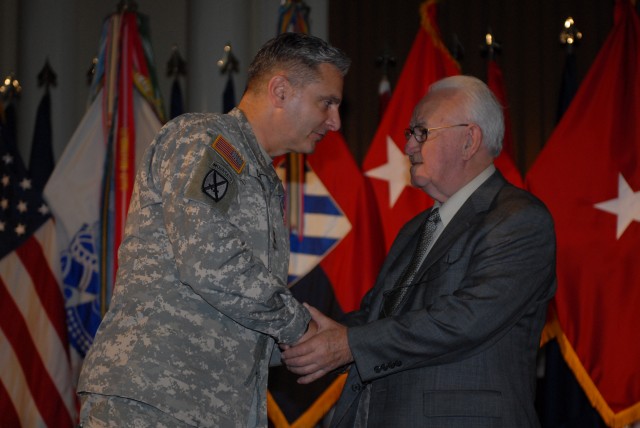
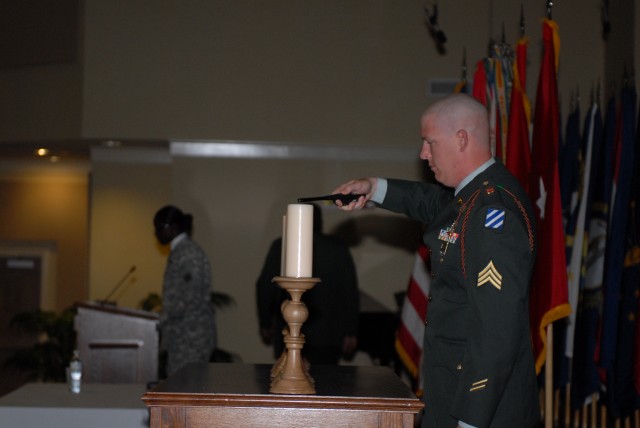
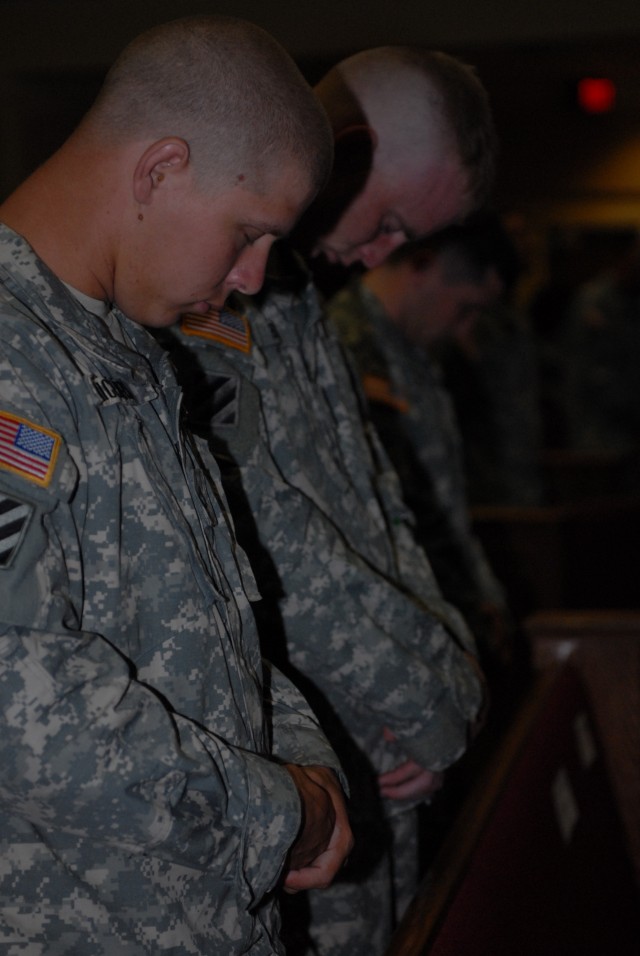
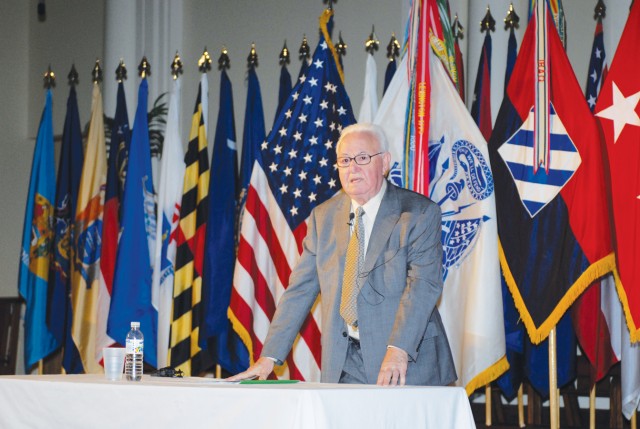
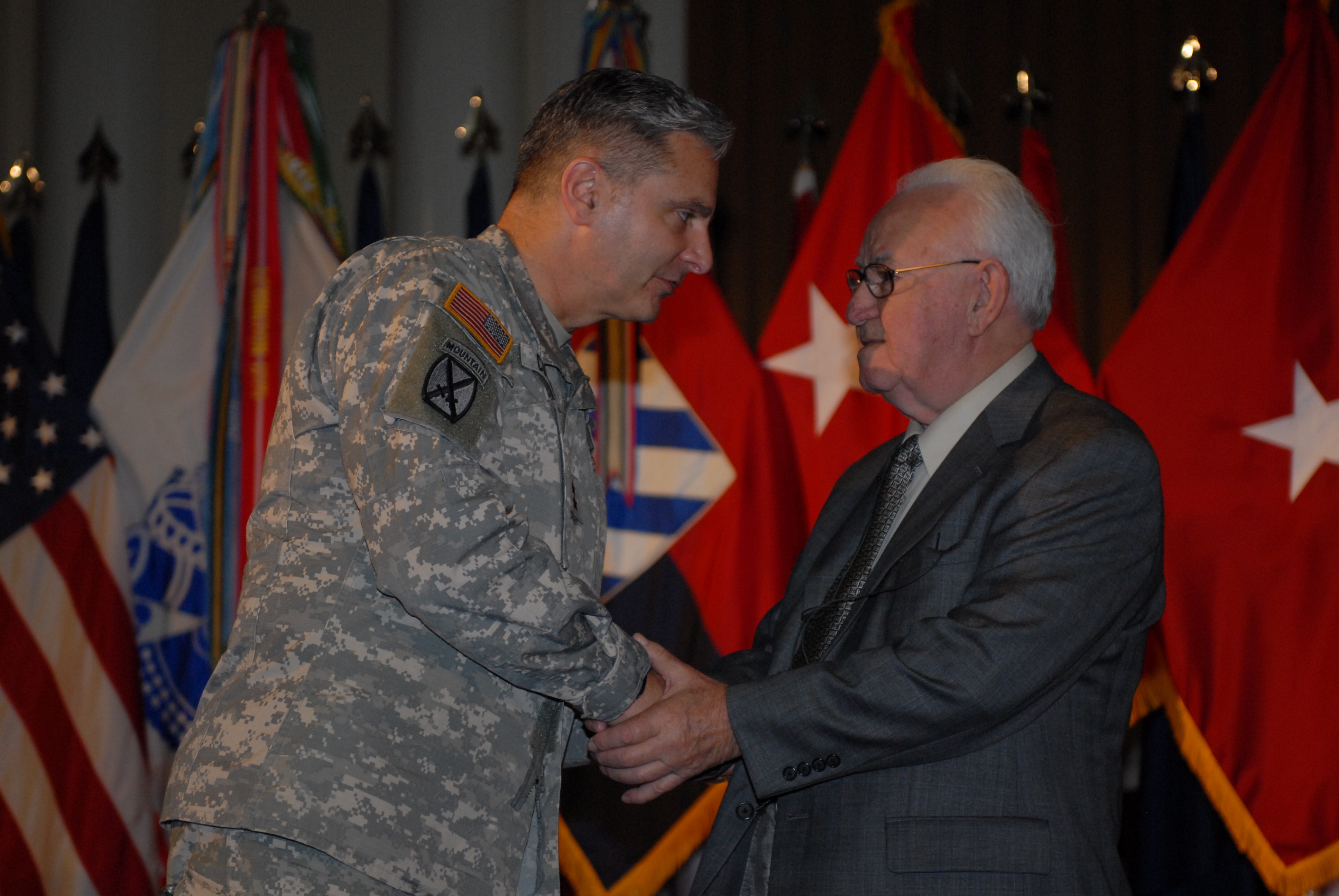
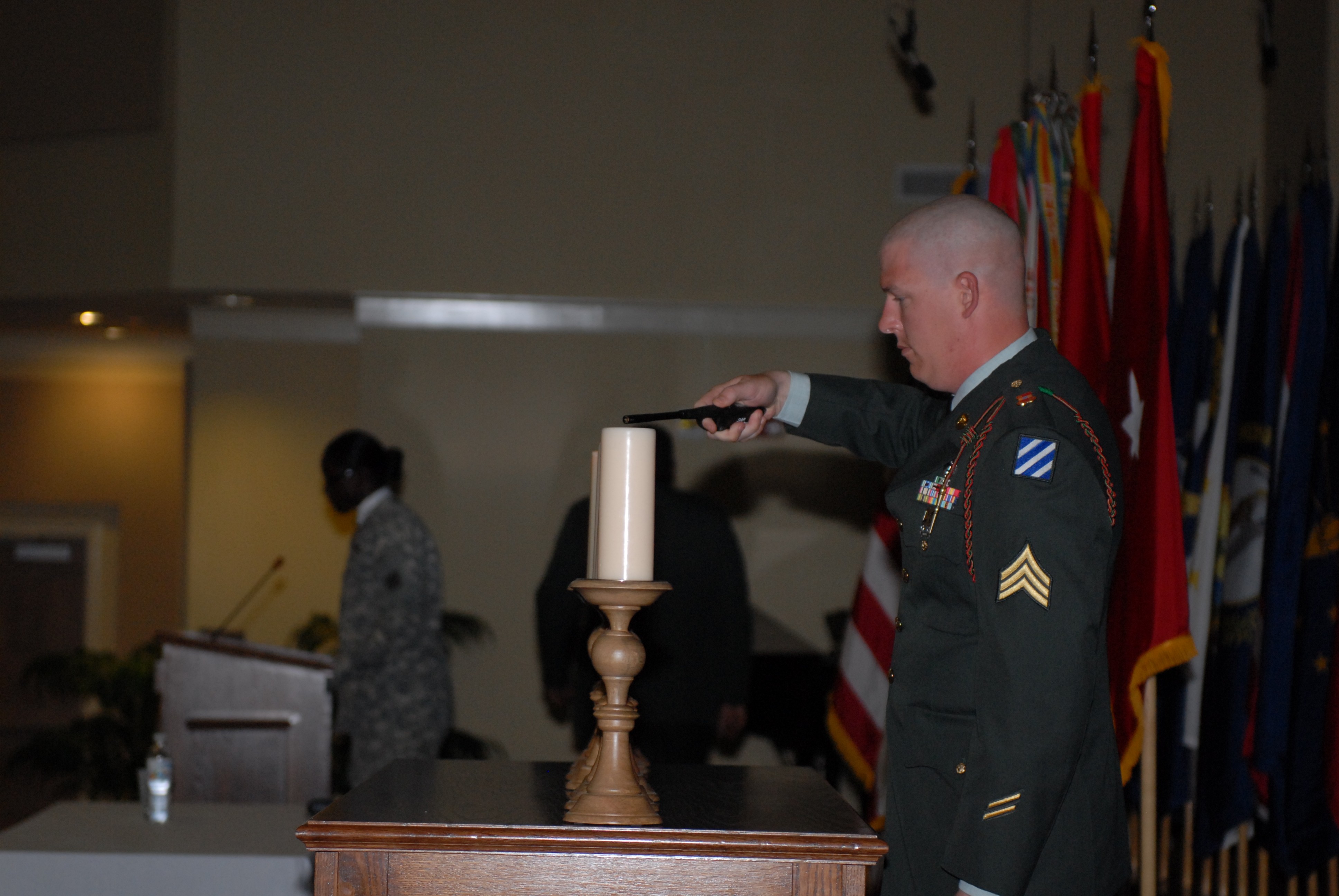
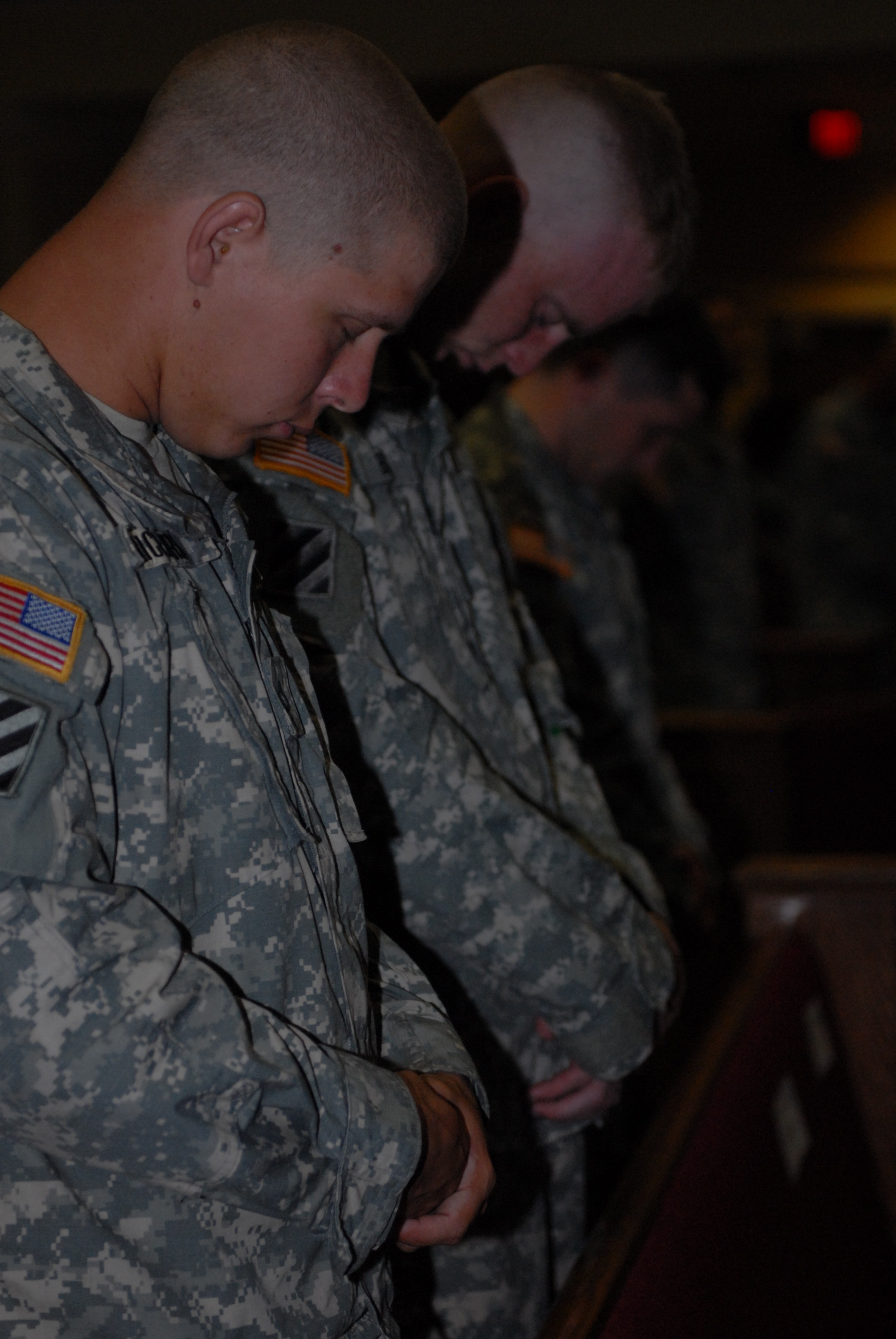
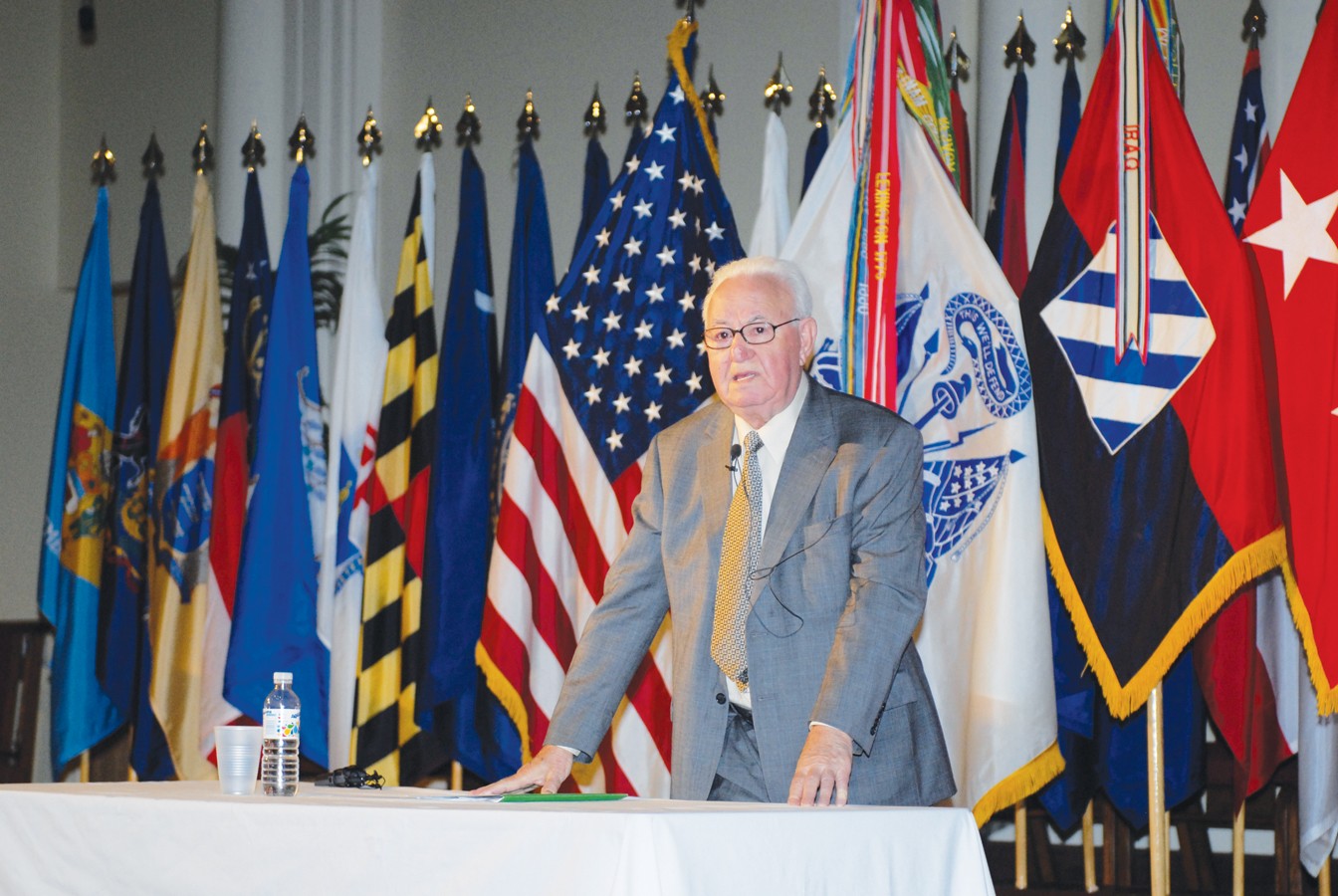
Social Sharing